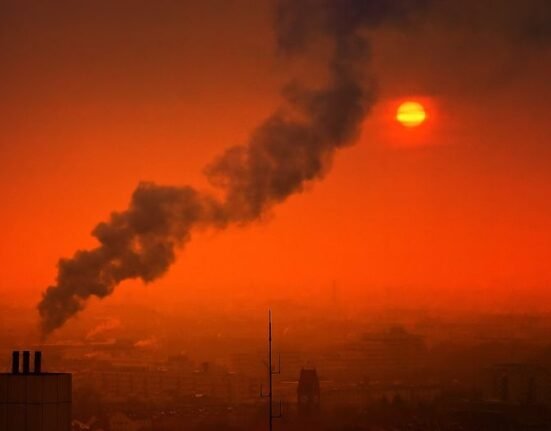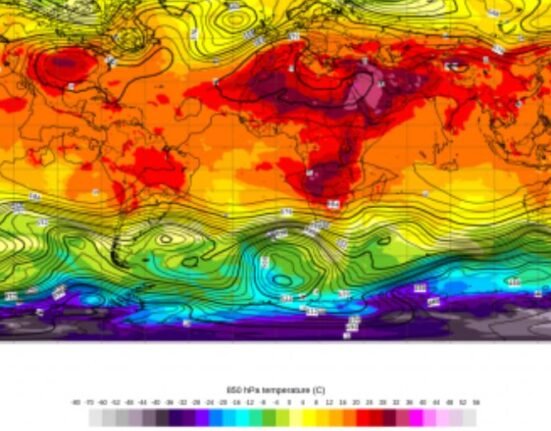HQ Team
September 14, 2024: Erratic weather events due to global warming impact low-income groups is an established fact, but a new study by the Potsdam Institute for Climate Impact Research (PIK) says that climate change will have a similar effect on the wealthy too in the coming two decades.
The study results, along with confirming previous research that the poorest people worldwide bear the greater economic burden of climate change, have shown that the risk to the wealthy nations is as serious and imminent.
Developing nations
Developing nations like Brazil or China are also highly vulnerable to severe impacts and negative trade effects. As the planet continues to warm, these risks are expected to worsen across most countries, with ripple effects along global supply chains, impacting goods and services worldwide, according to the research.
“In the next 20 years, climate change will increase economic risks from erratic weather,” states PIK scientist Anders Levermann. “The highest risks remain with the poorest around the world. But the increase of economic risk is strongest for the wealthy, in countries like the US and the EU. Consumers all around the world, regardless of their income, will thus face increasing challenges due to global warming – without a transition towards carbon neutrality we will eventually not be able to meet these challenges.”
Economic risks
Rising temperatures and precipitation due to climate change are affecting global production and supply chains. These disruptions will worsen with future warming, impacting consumers globally. The economic effects of these changes are complex and difficult to measure, but they are expected to disproportionately affect middle-income countries such as Brazil and China, which often rely heavily on trade and are vulnerable to seasonal climate changes.
High-income group countries will also feel the squeeze as their consumption is high and their involvement in global trade is more intricate and high risk.
Low-income nations will further slide into poverty due to tight supplies and rising prices.
The study points out that countries with diverse trading partners might be better hedged against the risks, as their supplies and imports will be also coming from regions less impacted by weather vagaries.
The overall impact of these risks varies by income level, suggesting that targeted efforts to build resilience at both local and global levels could help mitigate these effects. Poverty alleviation to reduce the vulnerability of lower-income groups “should remain a priority since risk levels remain by far the highest,” the report said.
The study is available in Nature.








